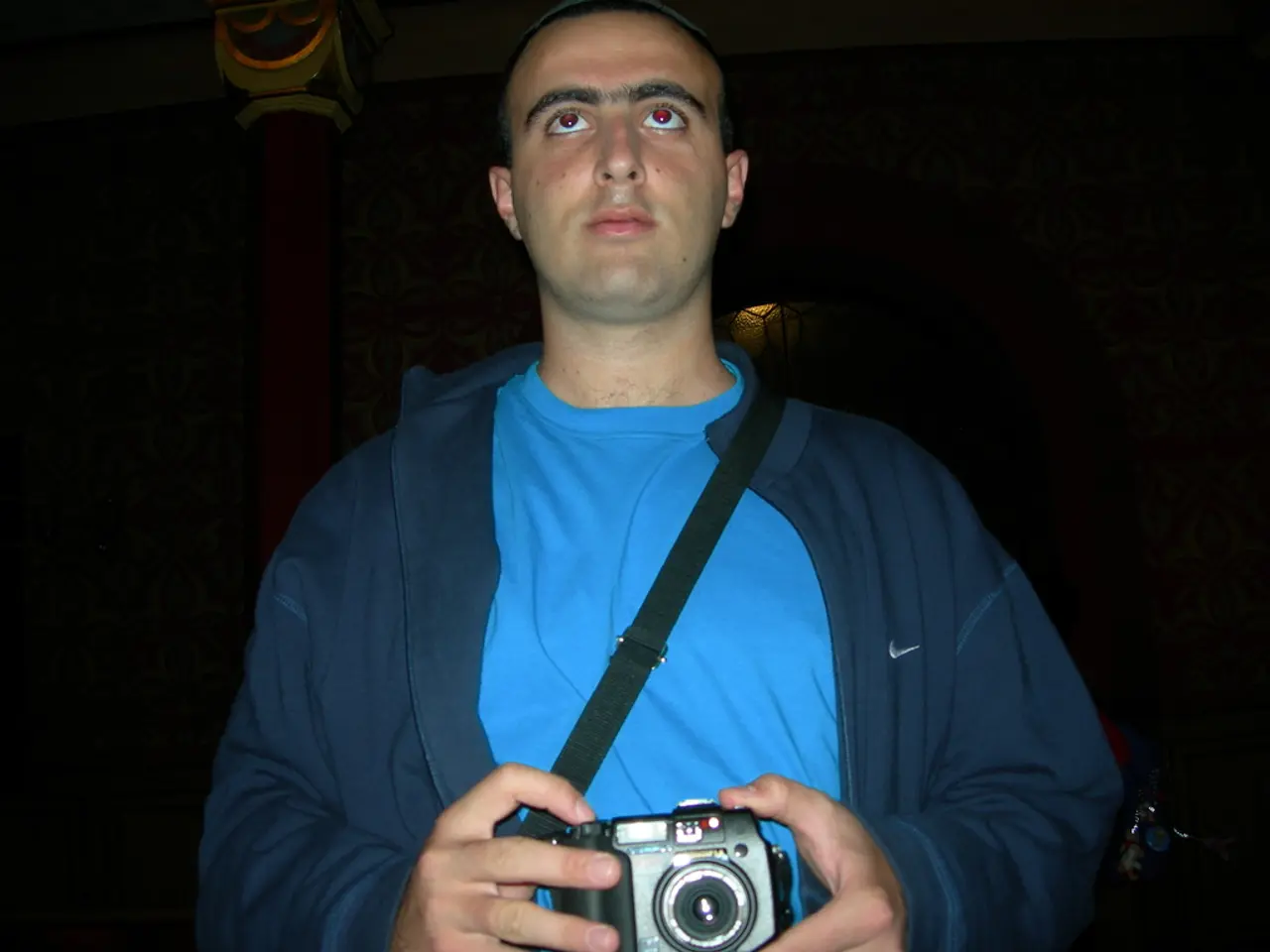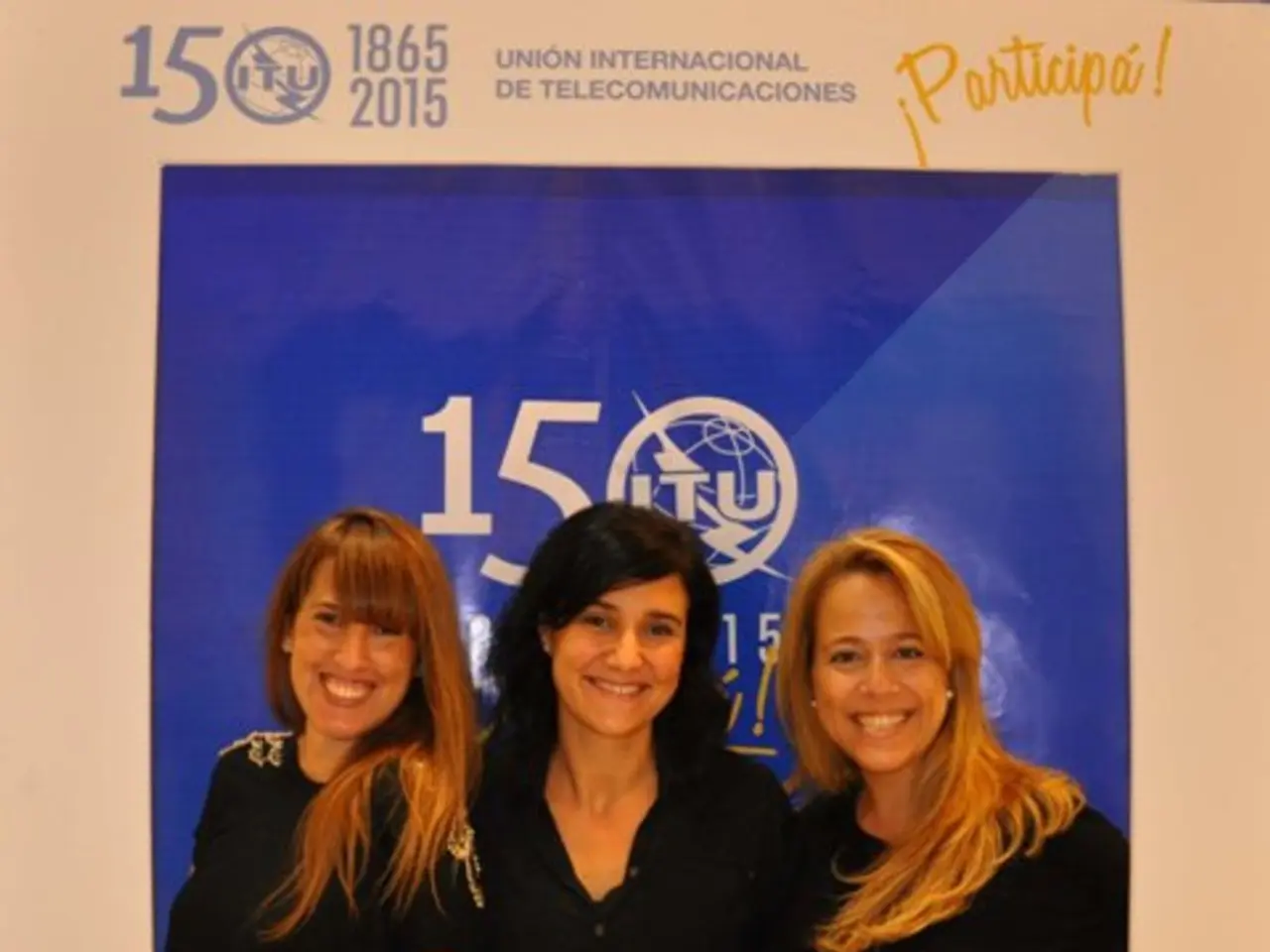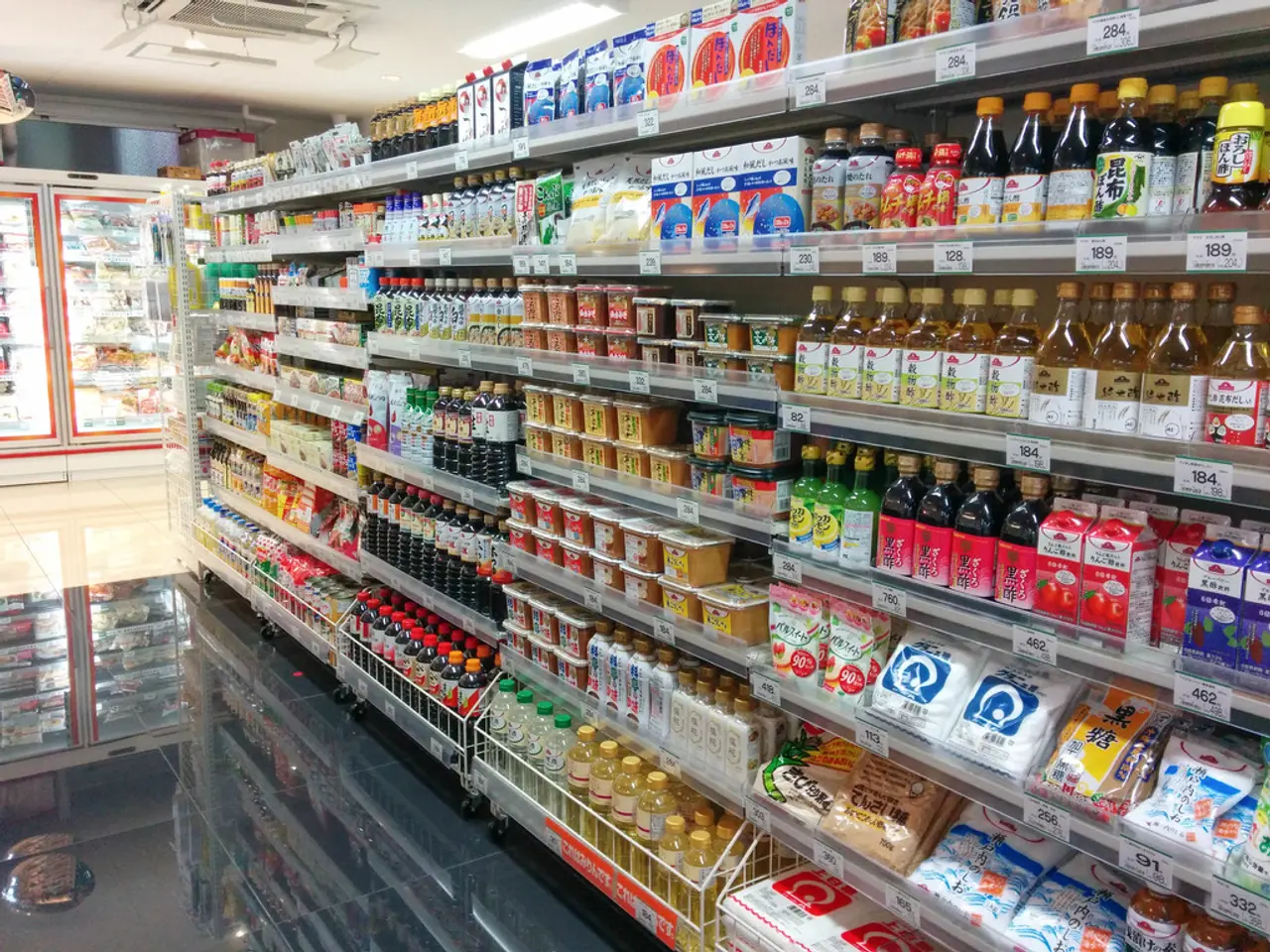Celebrating Notable Women in Engineering: Honoring International Women in Engineering Day
In the ever-evolving world of engineering, women are making significant strides, breaking barriers, and shaping the future of technology and society. This article highlights some of the most influential women in engineering, both historical pioneers and contemporary leaders, who are making groundbreaking advancements across various disciplines.
Kitty Yeung, a physicist, engineer, artist, musician, and fashion designer, co-founded Wear It, an AI-powered digital wardrobe platform, and the fashion-tech incubation at Microsoft. Meanwhile, Jen Fox, a physicist-turned-engineer and educator, focuses on making science and engineering accessible, inclusive, and fun. She founded FoxBot Industries for STEAM education and conducts workshops, YouTube videos, and project guides for learners of all ages.
In the realm of art and engineering, Kelly Heaton, an artist and electrical engineer based in New York City, specialises in analog electronic sculptures that produce their own sound without code or digital playback. Helen Leigh, a creative technologist and hardware hacker, encompasses musical instruments, e-textiles, and open-source community building in her work.
Mary Golda Ross, a Cherokee-born mathematician, made history as the first female and only Native member of a highly secret team of the Advanced Development Projects, also known as Skunk Works, at Lockheed Aircraft Company (now Lockheed Martin). Her work at Lockheed included designing fighter planes and solving design issues centred around high-speed flight and challenges associated with aeroelasticity for fighter jets.
Hertha Ayrton, a British engineer and mathematician, made award-winning advances in understanding electric arcs and ripple effects in sand and water, deeply influencing electrical engineering and physics in the late 1800s and early 1900s. Esther Conwell, an American chemist and physicist, laid foundational work for modern computing with her mid to late 20th-century research on semiconductor and organic conductor properties.
Elsie MacGill, a Canadian aeronautical engineer, was the first woman to earn a master's degree in aeronautical engineering (1929) and designed and oversaw production of over 1,400 Hawker Hurricane fighter planes, which were critical in WWII. Yoky Matsuoka, a Japanese computer scientist, is known for founding the field of neurobotics and developed more realistic prosthetics for amputees, holding senior roles at Google, Apple, and Nest.
Margaret Hutchinson Rousseau, the first woman to earn a chemical engineering doctorate at MIT (1937), made lasting contributions to chemical process engineering. Talia Babich, a mechanical engineer at Delta-Q Technologies, drives innovation in battery charging solutions for electric vehicles by managing product lifecycles from concept to mass production. Lucy Wang, a quality engineer at Delta-Q Technologies, ensures product quality and customer satisfaction in engineering solutions.
Rebecca Cook, the Ground Terminal and Infrastructure Manager at Northrop Grumman Space Systems, was recognised with the 2025 UNSW Women in Engineering Ada Lovelace Medal for Outstanding Engineer, in recognition of her mentorship and impact in engineering. The 2025 Top 50 Women in Engineering (WE50) recognises women excelling in diverse sectors such as transport, construction, technology, healthcare, digital health, decarbonization, space science, sustainability, and accessibility, highlighting broad and ongoing leadership by women engineers globally.
Outside of traditional engineering fields, Kathy Giori, an EdTech and IoT Entrepreneur, promotes open-source software and hardware learning opportunities around the globe. Dr. Carlotta Berry, a professor of electrical and computer engineering at the Rose-Hulman Institute of Technology, co-directs the Rose Building Undergraduate Diversity (ROSE-BUD) program.
Joan Horvath, an aeronautical engineer, has spent her career bridging the worlds of high-tech engineering and accessible STEM education. Christina Cyr is the founder, CEO, and Chief Hardware Architect at dTOOR and The Cyrcle Phone, a women-owned consumer electronics company based in Washington State. She created the Cyrcle Phone, an ergonomic mobile device with a circular display designed for better handling and interaction.
AnnMarie Thomas, a mechanical engineer, author, blogger, and advocate for early STEM education, created the Squishy Circuits, a popular interactive toy that combines Play-Doh with modular electronics. Alicia Gibb is the founder and Executive Director of the Open Source Hardware Association (OSHWA), creating the OSHWA certification program and founding Lunchbox Electronics, creating hands-on kits and leading the ATLAS BTU Lab at CU Boulder.
Lastly, Dr. Claire Cassidy, a professor at the School of Education at the University of Strathclyde, Glasgow, specialises in Philosophy with Children (PwC), children's human rights education, and the notion of childhood itself. Her research explores how philosophical dialogue empowers children's studies and how young learners engage in critical thinking, respect, well-being, and citizenship through classroom curriculum.
These women exemplify groundbreaking advancements, leadership, and inspiring role models across multiple engineering disciplines, underlining the powerful contributions women continue to make in shaping technology and society. International Women in Engineering Day serves as a perfect opportunity to celebrate these achievements and encourage more women to pursue careers in engineering.
Science and technology are not exclusive domains for these groundbreaking women in engineering. Kitty Yeung, with her background in physics, has co-founded an AI-powered fashion tech platform, while Jen Fox, transitioning from physics to engineering, focuses on making science and engineering education enjoyable and inclusive. Furthermore, these women are also making significant strides in unconventional areas such as art, music, education, and open-source software, demonstrating the multifaceted impact of women in shaping the future of technology and society.




